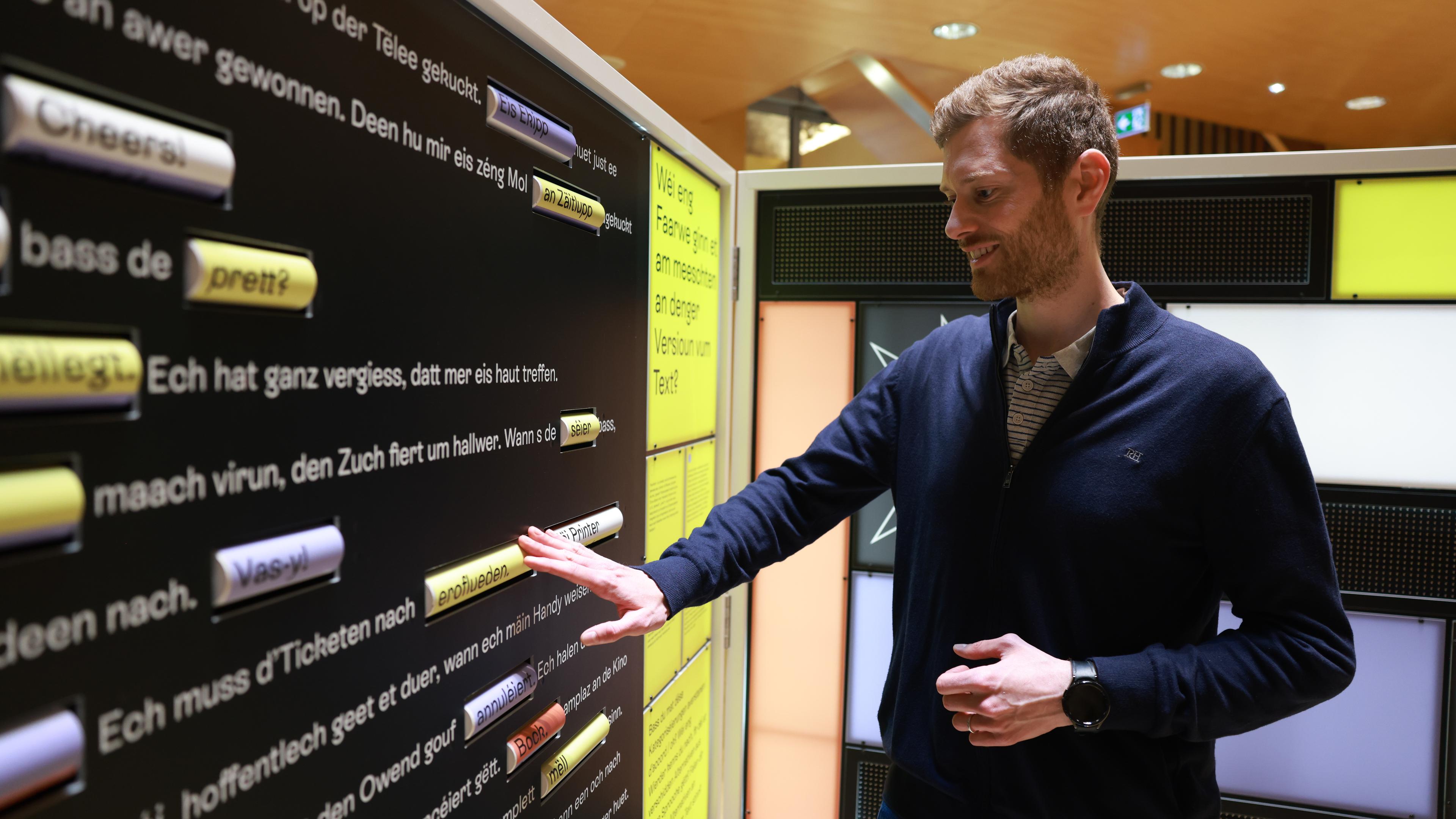Associations demand: « Climate protection must not be luxury »

Prime Minister Luc Frieden (CSV) mentioned the social-ecological transformation in his speech on the situation of the nation in mid-May only marginally with the statement: « A me complement the climate-long duerch closely social competence. » There was no additional position on this topic. For the Chamber of Employees (CSL), the unions Ogbl and LCGB As well as the Mouvement Écologique, this is a political failure.
At a joint press conference, they criticized on Friday that, despite its urgency, the social-ecological change in Luxembourg did not enjoy a priority.
The pre -financing of solar systems is a step in the right direction, but there is a lack of effective measures. The exit from fossil fuels and the expansion of renewable energies would have to be promoted more decisively. « However, the transformation can only succeed if it is accompanied by comprehensive social measures. Because it is mainly people with low financial resources that suffer particularly from the climate and biodiversity crisis, » was emphasized.
In a 21-page document, CSL, LCGB, OGBL and Mouvéco have written a joint statement on the plan Social Pour Le Climat. Photo: Christophe Olinger
These people would suffer more from the consequences of this crisis. The reasons for this are, for example, living on busy roads and in poorly insulated apartments, the lack of green areas in the area or the greater distance to the workplace.
Missing measures for low -income households
The four associations primarily criticize the lack of targeted measures for low -income households, the poor database and the inadequate political will for implementation.
Promoting programs, such as for photovoltaic systems or heat pumps, exist, but according to the organizations, these hardly arrive at tenants or people with low incomes. Company, property or the structural requirements are often missing. However, the associations underline that these people are not among the main causes of the environmental and climate crisis.
Solar panels as an entry -level drug
On the contrary: According to an analysis by the scientist Diana Ivanova From the University of Leeds, the ten percent of the largest issuers in Luxembourg cause CO₂ footprint, which is five times higher than that of the lower 50 percent. The richest ten percent of people worldwide contribute to two thirds of emissions. The associations derive a clear political demand from this: climate protection must be more responsible for those who contribute most to the crisis.
Statec data show that the proportion of energy expenditure in the budget for households with low incomes is significantly higher. Tenant households are particularly badly affected. According to the associations, the continued failure of the goals plays an important role in reducing emissions, especially in the building sector. Therefore, the energetic renovation, primarily in the area of rental apartments, must finally take up speed.
Little money in social compensation measures
Against this background, the plan Social Pour Le Climat (PSC) is a central component of an EU-wide mechanism for social fencing the CO₂ price in the traffic and building sector. Luxembourg will receive around 66 million euros in EU funds by 2032. According to CSL, LCGB, OGBL and Mouvéco, this sum is far from sufficient. They therefore call for additional national funds as well as a quick and comprehensive strategy.
What state grants are there, where and for what?
In a 21-page statement, you have developed concrete suggestions for revising the PSC and for a more comprehensive climate social strategy. Among other things, this lists an analysis of the social effects and a definition of the target groups. Topics are also the energetic renovation of social housing, the introduction of pre -financing in the course of the climate monus and the targeted expansion of public transport.
Premium for the purchase of an electric car in Luxembourg
The four organizations are important to use the income from CO₂ tax. According to the budget draft, around 282 million euros were earned in 2024. Only about one percent of it had flowed into social compensation measures via the Crédit d’Impôt CO₂, which is regretted. The announced quota of 50 percent is clearly missed. They therefore call for this proportion significantly and to cushion it socially with regard to the new ETS2 emission trade system.








